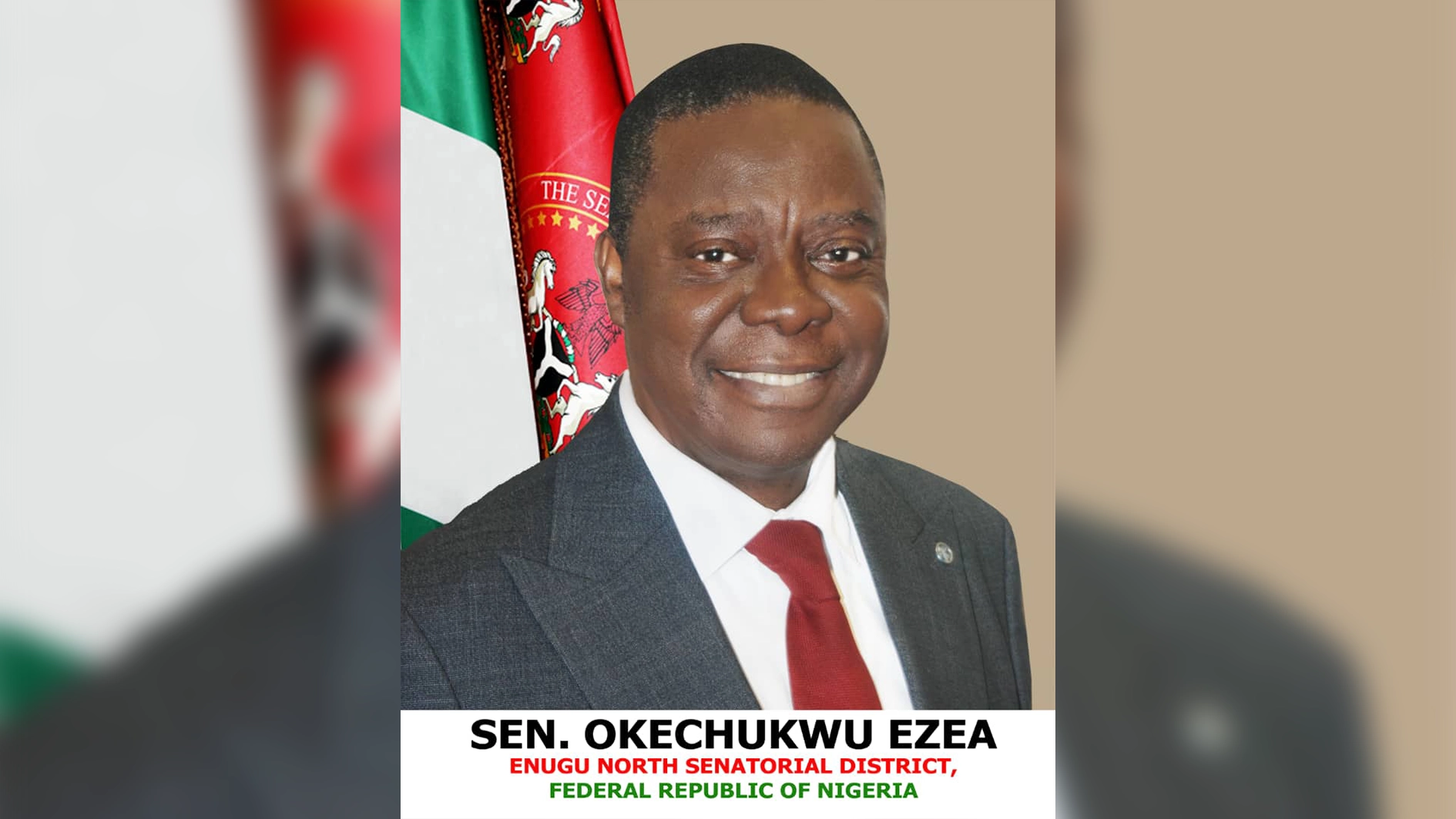Fresh uncertainty has engulfed the Peoples Democratic Party (PDP) as contending factions within the party continue to issue conflicting letters to the Federal High Court and the High Court of the Federal Capital Territory (FCT), each seeking institutional recognition in the ongoing leadership crisis.
The latest twist emerged following a strongly worded letter dated November 26, 2025, and addressed to the Chief Judge of the Federal High Court, Justice John Terhemba Tsoho, by Senator Samuel Anyanwu, who insists he remains the authentic National Secretary of the party.
In the letter, Anyanwu accused a former Deputy National Chairman of the PDP, Ambassador Taofeek Arapaja, of impersonation and of attempting to “malign and coerce” the judiciary by writing an earlier petition to the Chief Judge questioning the pattern of assignment of PDP-related cases to particular judges.
‘Arapaja lacks legitimacy, authority,’ says Anyanwu
Describing the correspondence issued by Arapaja on November 19 as “malicious, frivolous and mischievous,” Anyanwu stated that the former deputy national chairman had no legal or constitutional authority to write on behalf of the PDP, noting that his name does not appear in the records of the Independent National Electoral Commission (INEC) as a national officer.
“It is regrettable and disdainful for the person of Ambassador Arapaja to disparage the collective integrity of the judiciary simply because the rulings of the court run contrary to their expectations,” the letter read in part.
Anyanwu accused Arapaja of attempting to “coerce the judiciary to depart from the position of justice,” adding that his actions constituted an attack on the rule of law and internal party democracy.
He urged Justice Tsoho to disregard any correspondence emanating from “false claimants,” stressing that the leadership structure of the party is clearly defined in its constitution and recognisable on the INEC portal.
The letter also served as what Anyanwu called a formal disclaimer against Arapaja “falsely parading himself as the National Secretary of the PDP.”
But in a counter-narrative, the earlier letter issued by Arapaja, who claimed to act under the authority of the national chairman and the newly elected National Working Committee (NWC), expressed “fear and apprehension” over the alleged repetitive assignment of PDP-related matters in the Abuja Division of the Federal High Court to three judges.
Arapaja listed the judges as Justice James Omotosho, Justice Peter Odo Lifu, and Justice Abduimalik, arguing that, although the Abuja Division has 12 judges, nearly all PDP cases in recent years have been handled by only these three.
He said this pattern has heightened suspicion among party members and the public, describing the three courts as “courts of particular concern” for matters involving the PDP.
While acknowledging the integrity of the judiciary and the office of the Chief Judge, Arapaja pleaded that future PDP-related cases should not be assigned to the three judges in question, insisting that justice must not only be done but also be seen to be done.
The exchange of letters signals a deepening fracture within the opposition party, whose leadership crisis has spilled into multiple courts across the country.
Legal experts warn that the conflicting claims of representation could complicate ongoing and future litigations, especially as both factions continue to seek judicial validation.
Observers note that the factional battle is increasingly dragging the judiciary into the epicentre of the PDP’s internal war, with both sides invoking constitutional arguments to assert control of the party’s administrative machinery.
As of last night, neither the Federal High Court nor the Chief Judge’s office had issued a formal response to either of the letters. However, sources within the judiciary say the matter is being reviewed with caution, given its sensitive political implications.
With tensions mounting and more suits expected to be filed in the coming weeks, analysts predict that the crisis may further fragment the PDP unless urgent reconciliation efforts are initiated.






